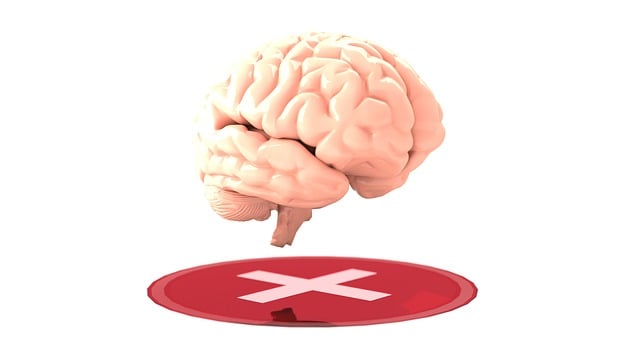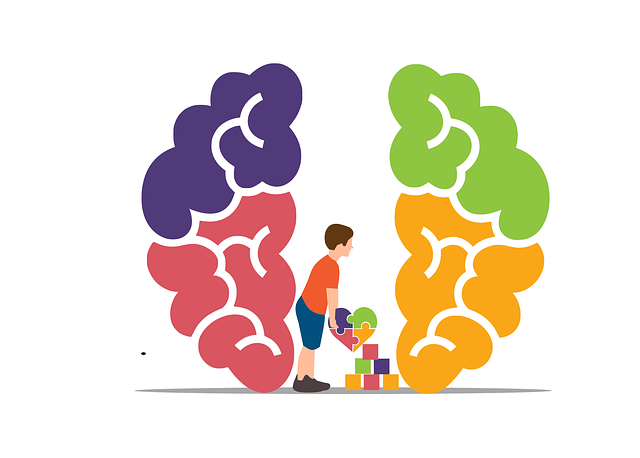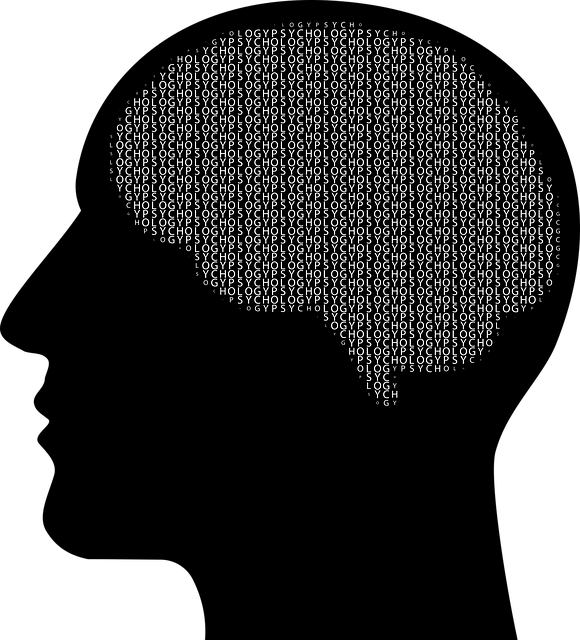Mental wellness journaling provides a powerful therapy for children, especially during critical developmental periods, such as when parents are recovering from postpartum depression. By incorporating simple or advanced exercises, kids develop self-awareness, emotional intelligence, and coping mechanisms while enhancing social skills. This practice promotes overall well-being and offers insights for parents navigating their child's mental health, making it an effective therapy for children dealing with complex emotions and challenges, including those experienced during postpartum depression. Journaling creates a safe space for self-expression and emotional exploration, empowering individuals to develop coping strategies and process difficult feelings. By setting small goals, practicing compassion, reviewing entries, and engaging in self-awareness exercises, parents can ensure a sustainable journaling routine that benefits both themselves and their children.
“Unleash the power of self-reflection through mental wellness journaling, offering a therapeutic haven for both children and parents. This article explores effective strategies tailored to diverse needs. For parents, specifically mothers facing postpartum depression, we provide insights into how journaling can be a transformative tool for healing and coping. Discover the benefits of this practice, from enhanced emotional awareness to improved mental health. Learn to create engaging exercises and implement practical tips for a successful journaling routine, offering a nurturing space for minds to thrive.”
- Understanding Mental Wellness Journaling for Children
- Postpartum Depression: A Unique Challenge for Mothers
- The Benefits of Journaling as a Therapeutic Tool
- Creating an Engaging and Effective Journaling Exercise
- Practical Tips for Implementing the Journaling Routine
Understanding Mental Wellness Journaling for Children

Mental wellness journaling can be a powerful tool for children to explore and express their thoughts, feelings, and experiences, especially during crucial developmental stages. For parents dealing with postpartum depression, incorporating this practice into their child’s routine can offer a unique form of therapy. By providing a safe and non-judgmental space, journaling encourages kids to develop self-awareness and emotional intelligence. It allows them to reflect on their daily lives, process complex emotions, and even enhance their social skills through better understanding of themselves and others.
This practice can include various exercises tailored to different ages and needs. Simple prompts like drawing their day or writing about their favorite parts of school can initiate conversations about happiness, challenges, and coping mechanisms. More advanced techniques, such as tracking moods and identifying triggers, foster self-regulation skills. Over time, these practices contribute to emotional well-being promotion and provide valuable insights for parents and caregivers, helping them better navigate their child’s mental health landscape.
Postpartum Depression: A Unique Challenge for Mothers

Postpartum depression is a unique challenge that many new mothers face, often overshadowed by the joy of welcoming a child into the world. It’s more than just feeling ‘the baby blues’; it’s a severe form of depression that can significantly impact a mother’s ability to care for herself and her infant. This mental health issue typically develops in the first year after childbirth, affecting around 1 in 5 new mothers globally.
The experience of postpartum depression varies from woman to woman, with symptoms ranging from persistent sadness, anxiety, and fatigue to more severe cases involving overwhelming guilt, hopelessness, and even thoughts of self-harm. One effective approach to managing this condition is therapy tailored for children and their mothers, often integrated into a comprehensive mental wellness podcast series production or designed mental health education programs. Such initiatives provide essential support, offering valuable tools and resources for new parents navigating this challenging period.
The Benefits of Journaling as a Therapeutic Tool

Journaling has emerged as a powerful therapeutic tool with numerous benefits, especially in fostering self-care routine development for better mental health. For children and new mothers experiencing postpartum depression, it offers a safe and private space to express their thoughts and emotions. This simple yet effective practice can significantly contribute to coping skills development, helping individuals process complex feelings and gain insights into their mental states.
By documenting daily experiences and reflections, journaling encourages the cultivation of inner strength. It provides an opportunity for self-exploration, allowing one to identify patterns, triggers, and sources of stress or joy. Through consistent practice, individuals can develop effective coping mechanisms, enhance emotional intelligence, and ultimately, promote overall well-being. This ancient practice has proven to be a game-changer in navigating mental health challenges, offering a calming sanctuary within the hustle and bustle of daily life.
Creating an Engaging and Effective Journaling Exercise

Creating an engaging and effective journaling exercise is a powerful tool for anyone looking to enhance their mental wellness, particularly for parents navigating the challenges of postpartum depression. By incorporating specific prompts designed to stimulate reflection and self-expression, journaling can serve as a form of therapy for children and adults alike. For instance, starting with simple questions like “What made me smile today?” or “One thing I’m grateful for,” encourages positive mindset shifts while fostering open communication.
Integrating practices such as Social Skills Training and Stress Management techniques into the journaling routine further amplifies its benefits. Prompting individuals to describe interactions with others and identify strategies for managing stress can be incredibly valuable, especially in preventing burnout. This approach not only promotes self-awareness but also equips people with practical tools to navigate life’s ups and downs, ultimately contributing to improved mental health outcomes.
Practical Tips for Implementing the Journaling Routine

Starting a journaling routine can be incredibly beneficial for mental wellness, especially for new parents navigating postpartum depression. It offers a dedicated space to process emotions, thoughts, and experiences—a form of therapy for children even before they’re born through prenatal journaling.
To make this practice sustainable, start with small, manageable goals. Consider setting aside just 10 minutes daily or focusing on specific aspects of your mental health each entry. Incorporate compassion cultivation practices by ending entries with a kind message to yourself. Regularly review past entries to identify patterns and track progress. Engage in self-awareness exercises by reflecting on triggers, coping mechanisms, and moments of joy. Remember, consistency is key; even brief journaling sessions can have positive impacts over time.
Mental wellness journaling offers a powerful therapy for children, especially in addressing postpartum depression among mothers. By understanding its benefits and implementing effective exercise guidance, this practice can create an engaging routine that supports both child and parent’s mental health. Journaling provides a safe space to express emotions, track progress, and foster resilience, ultimately enhancing overall well-being. For those facing unique challenges like postpartum depression, incorporating journaling into daily life can be a transformative step towards healing and recovery.









